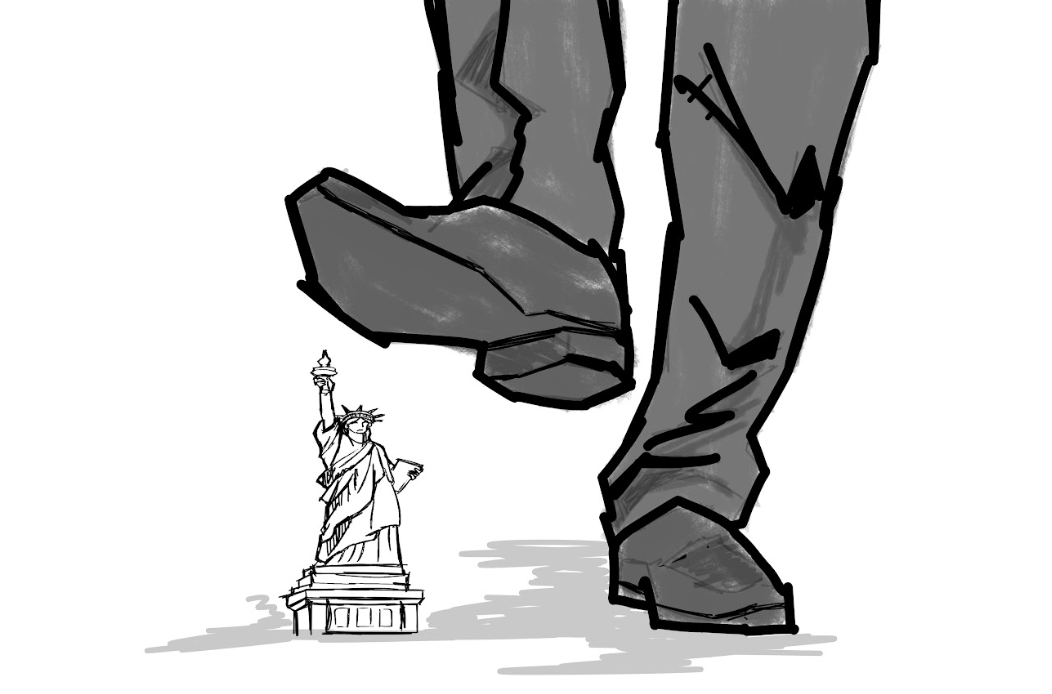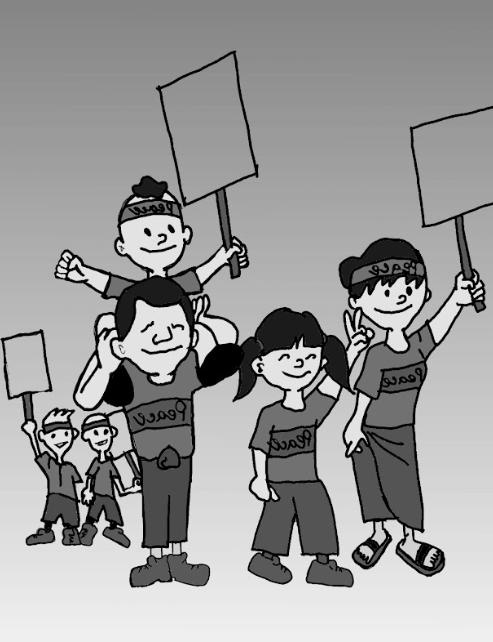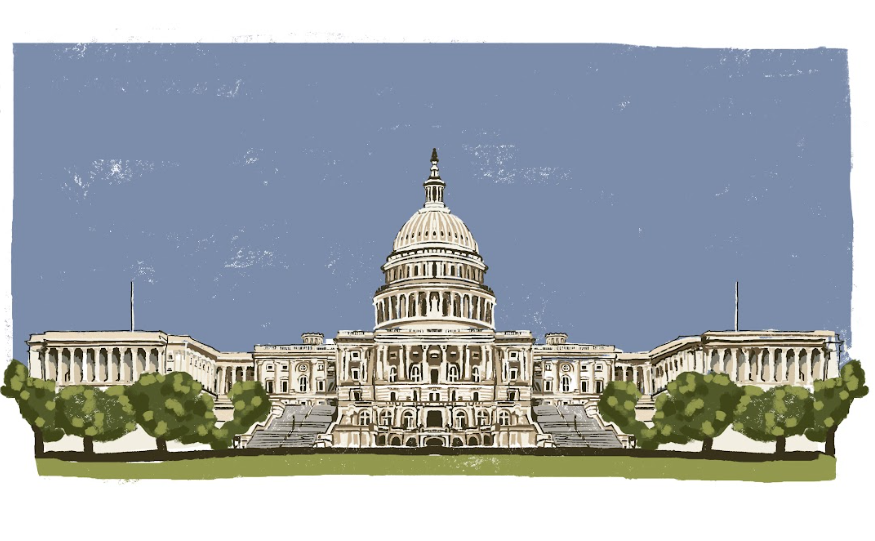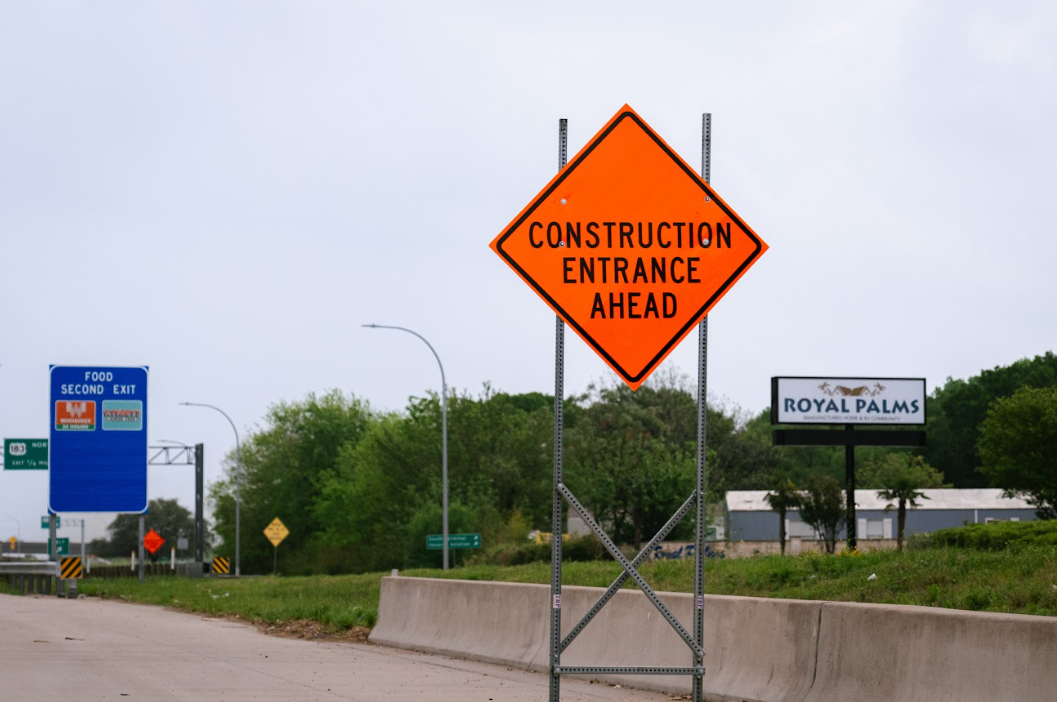UTSA students have demanded more parking spaces for years with no response from the university. In August, a change.org petition titled “Create Better Student Parking at UTSA” garnered over 360 signatures. Students passing by the Business Building will notice noisy construction in the place of a once serene green area. UTSA has begun to build a parking lot not for commuting students, but for staff A, reserved and disabled permit parking.
The construction has destroyed one of the few green spaces on campus near the Business and North Paseo buildings and students’ reactions are diverse. This seems to be a lesson in being careful what you wish for.
Parking on campus is the bane of so many students’ existence; their concerns are legitimate and should be addressed by the university. However, these two new lots may not even alleviate these concerns and come at a heavy cost. Unfortunately, not all parking is created equal.
The new parking arrangements (which will reallocate existing parking to create 100 new commuter spots) are temporary and insufficient measures to solve UTSA’s parking problem. UTSA will need to revisit the problem in coming years as the student body continues to grow. The solution appears to be a short-term fix to a long-term issue; it is meant to “alleviate the congestion.”
Students around campus can be heard venting about parking on campus affecting their ability to arrive to class on time. The additional parking spots do not seem to account for the struggle of the shuttle bus riders who often experience crowded buses; most wait in long lines before being driven to campus.
UTSA is striving to achieve Tier One status and should work to improve the education of its student body, including their the ability to arrive to classes on time, relatively stress-free.
Even if the new parking lot is necessary and in compliance with the Master Plan for the campus, UTSA does not seem to be improving campus life.
The university seems to be attempting to placate students’ frustrations with the lack of available parking spaces. Listening to the students’ input is a step in the right direction — did students realize the ramifications of their complaints? Are the diminishing green spaces on us? Perhaps we should have been more specific and demanded not just more parking, but affordable parking and in locations that wouldn’t diminish campus life and the environment. But why is it that the complaints are only being heard now? Parking will be a persistent problem and the university should anticipate and address it before it becomes a cause for concern.
The student body deserves a campus that will anticipate and create solutions that strike a compromise between stakeholders. Student shouldn’t have a reactive university, but a proactive one.














